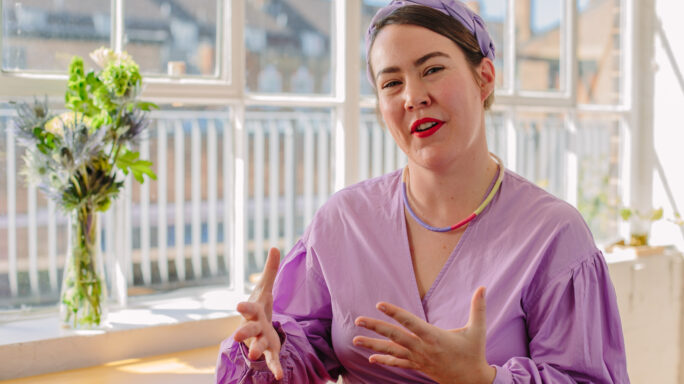Season 2: Unlocking productivity
3 things holding your productivity back (and what to do about them)

From coaching hundreds of people to help them excel in their careers, I’ve noticed that three key things often hold people’s productivity back – people pleasing, being overly ambitious with time, and a lack of accountability. Read on to see if any of these behaviours are getting in your way and what you can do to overcome them.
People pleasing
As a kind and decent person, committed to your work, you care about the people you work with and want to be a good boss or colleague. Kindness and commitment are wonderful qualities to have but as with all strengths, there are flip sides to them, which is that they can leave you not wanting to say ‘no’ to requests to help or take on work. Unfortunately, this can lead to you being overstretched, so your productivity takes a nosedive because you can’t possibly stay on top of everything you’ve committed to.
One way to overcome this challenge is to find a way of saying ‘no’, pushing back, or setting boundaries that work for you. As an example, if you need to push back on a request from your boss, something along the lines of this can work well:
“That seems really interesting and of course, I’m happy to help. I’m working on x, y and z and the moment, so I won’t be able to get all of them completed on time if I take on this work as well. Would you like me to pause work on x, y, or z, or can this piece of work be tackled at a later date?”
Being overly ambitious with your time
Do you have grand plans and the best of intentions of achieving them but find yourself falling behind despite working hard?
If you answered ‘yes’ to this, being overly ambitious with your time could be what’s holding your productivity back. The answer to this challenge is to get clear on what you’re spending your time on and then take control of your calendar. To do this, start by tracking your time over at least one week. There are lots of apps that can help with this, or just jot down everything you’ve worked on throughout each day in a notebook. You’ll quickly get a clear idea of where your time is disappearing to.
You can then take control of your time – cut out or cut down meetings and tasks that aren’t necessary; group tasks together, instead of switching between them constantly throughout the day (e.g. just checking your emails a few times a day has been shown to be far more effective than checking them constantly). And finally, the most powerful thing you can do is to plan out your calendar going forwards.
Make sure all your tasks are scheduled into your calendar, instead of sitting on a ‘to-do’ list. Plan in meeting-free and task-free slots, so that you have some wriggle room when unexpected urgent issues crop up and need your attention.
When you see your calendar filling up, it forces you to be more realistic with your time, so that you aren’t over-committing yourself. You’ll find yourself far more efficient and productive with your time. with your time, it also helps you be more realistic about what you can achieve in the time that you have.
Needing accountability
If you’ve tried out some of the ideas mentioned above and they haven’t worked, it could be you’re someone who thrives by having accountability. It’s easy to plan in time in your calendar to work on a project that’s important to you but then let the time get sucked up by other tasks if you haven’t put any accountability in place.
You may find it helpful to tell your colleagues, boss, or people from another team at work about your plans. Tell them the deadlines you’re setting for yourself and that you’ll give them an update once these deadlines are up.
Or, even better, set yourself up with an accountability partner. Find someone else in your organisation who also wants to get a project or task completed. Arrange a set time to work alongside them each week. 30 mins or 1 hour per week are both good options. At the beginning of your time together tell each other what you’re going to be working on and shut down all notifications on your computer and phone. Then spend that time completely focused on the task or project you want to get done.
At the end of your session together, report back to each other on the progress you have made. You’ll find there is something strangely powerful about this method. You won’t want to tell the other person you’ve made no progress at all because you got distracted by something else. It’s a great way of holding yourself accountable and keeping your productivity on track.
This concept also works well virtually – you don’t have to be physically sitting next to each other to be accountability partners.





Leave a comment